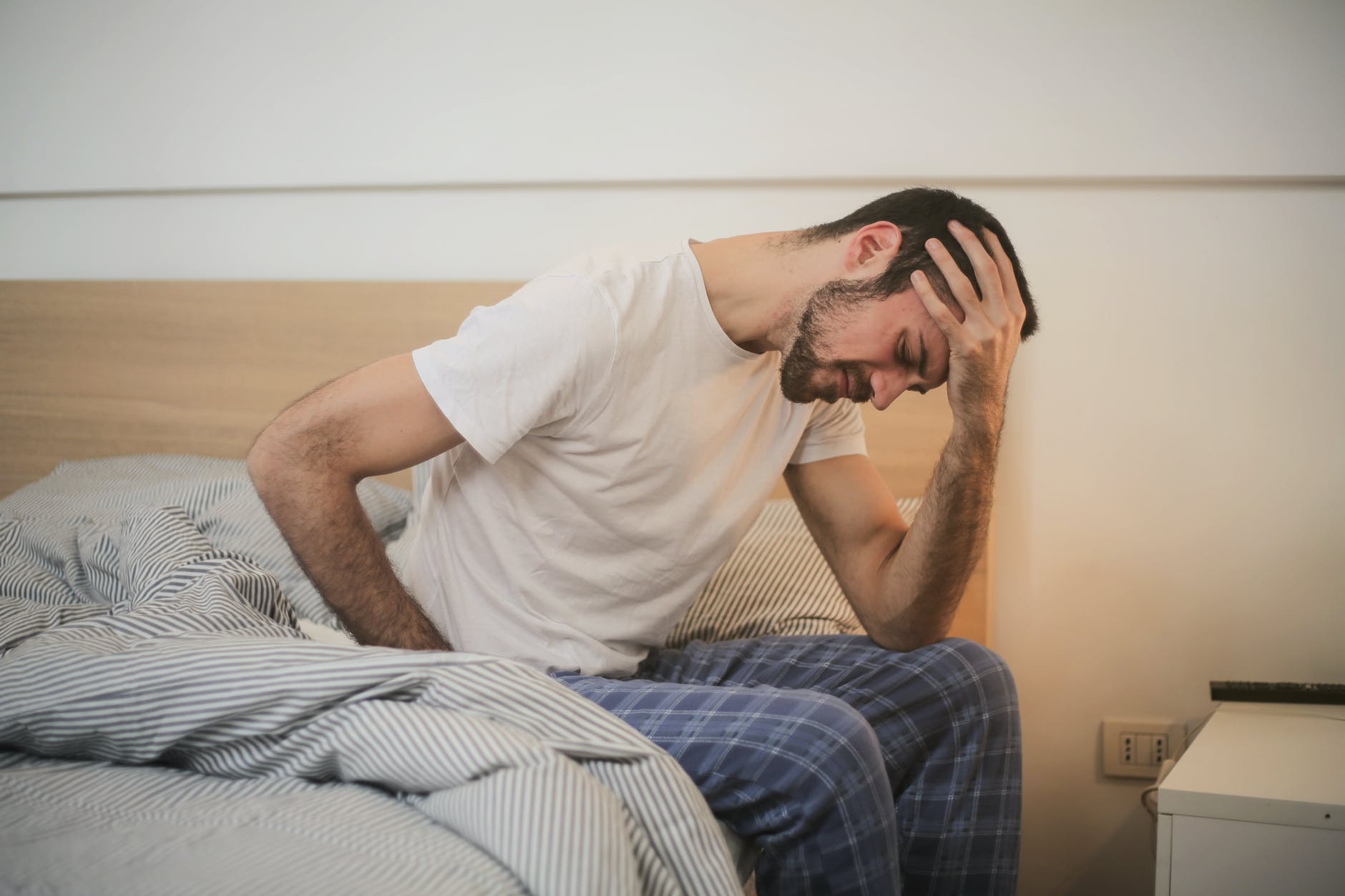
Why Am I Always Tired Even After a Full Night’s Sleep?
You went to bed on time, got your 7–9 hours, and yet—you wake up feeling groggy, drained, or completely unmotivated. Sound familiar? You’re not alone. Millions of people experience this daily, and the reasons go beyond just sleep duration.
Let’s break down why you might be tired even after a full night’s sleep—and what you can do about it.
1. Poor Sleep Quality
It’s not just about how long you sleep—it’s about how well you sleep.
If your sleep is disrupted by tossing, turning, snoring, or frequent waking, your brain and body don’t fully enter restorative sleep stages.
Common causes:
- Caffeine or alcohol too close to bedtime
- Noise or light disturbance
- Sleep apnea or restless leg syndrome
What to do:
- Keep your room dark, quiet, and cool
- Stick to a consistent bedtime routine
- Consider a sleep study if you suspect a sleep disorder
2. Undiagnosed Sleep Disorders
Conditions like sleep apnea (where your breathing briefly stops while sleeping) can interrupt your rest dozens of times per hour—without you even realizing it. You may think you’ve slept through the night, but your body hasn’t rested properly.
Signs to watch for:
- Snoring
- Waking up gasping for air
- Morning headaches
3. Nutrient Deficiencies
Even if you sleep well, your energy can still be low if your body lacks key nutrients like:
- Vitamin B12
- Iron (linked to anemia)
- Vitamin D
- Magnesium
A simple blood test can help identify if this is the culprit.
4. Mental & Emotional Health
Chronic stress, anxiety, or depression can leave you mentally exhausted—even if you’re getting enough rest.
Your mind never fully “shuts off,” making your sleep feel less refreshing.
What helps:
- Mindfulness or meditation
- Talking to a therapist
- Journaling before bed to clear your thoughts
5. Hidden Medical Issues
Constant fatigue can be a symptom of:
- Thyroid imbalances
- Chronic fatigue syndrome
- Diabetes
- Heart conditions
If your tiredness is persistent and unexplained, talk to a healthcare professional.
6. Poor Lifestyle Habits
Daily choices have a big impact on energy:
- Skipping meals or eating too much sugar
- Not moving enough during the day
- Too much screen time before bed
- Overusing stimulants (like caffeine)
Try to maintain balanced meals, regular movement, and a wind-down routine in the evening.
🧠 Final Thoughts
Feeling tired after a full night’s sleep isn’t “normal” if it’s happening regularly. Your body is trying to tell you something—whether it’s a lifestyle issue, stress, or an underlying health condition.